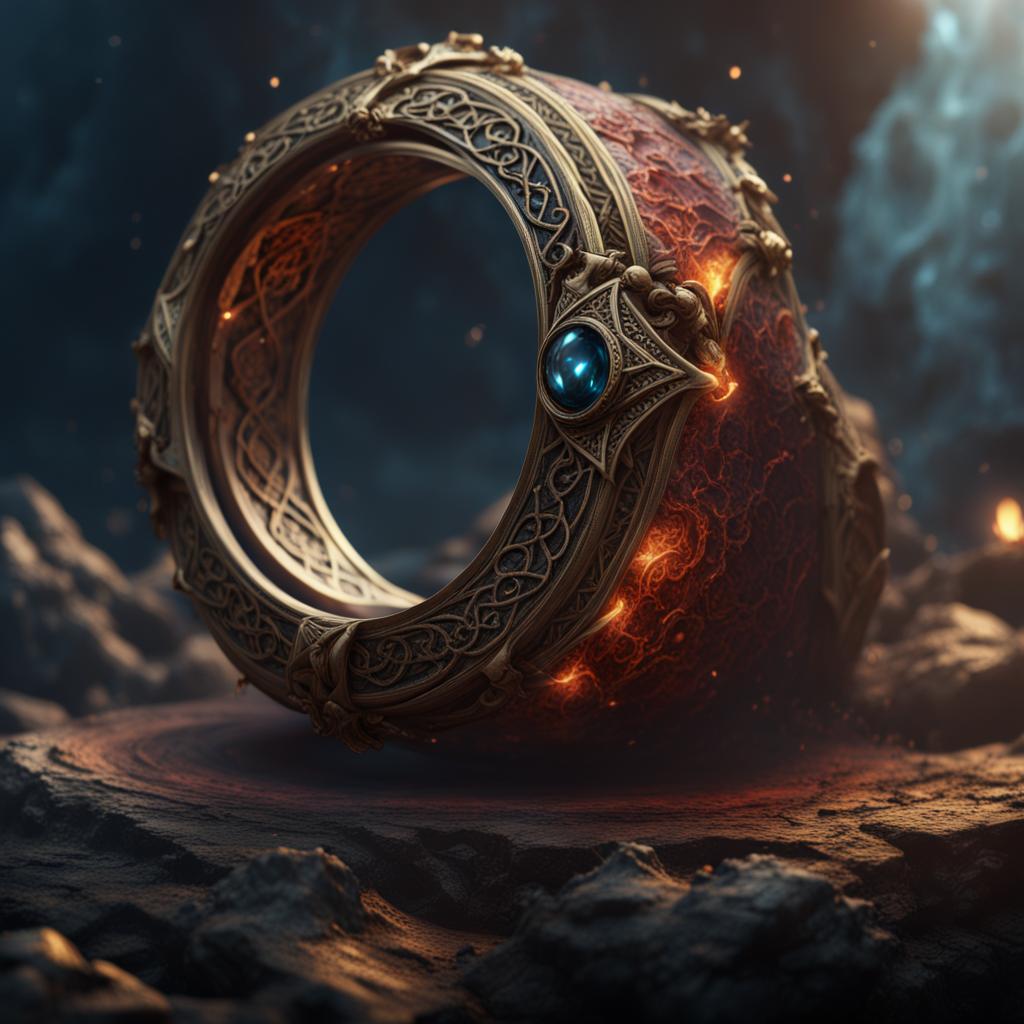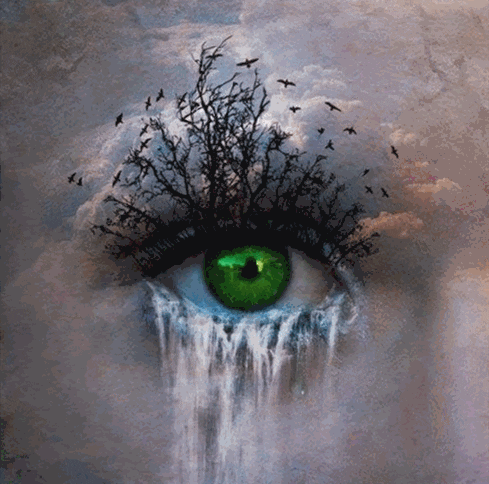The Power Of Rings
I wear many rings, people sometimes ask about them. The truth is I have a fascination with them and have collected many in my travels. I sometimes make a gift of a ring, but always I will wear it first because a ring is not like many other gifts. It has power. I will try and explain my thoughts on them. Throughout history, rings have emerged as compelling motifs in mythology and as enduring symbols of power.There is profound significance in rings, both in myths from various cultures and as symbols of authority throughout history. In examining the mythical and symbolic qualities associated with rings, let us think about the deeper meanings they hold and the essence of their enduring appeal.Rings are a powerful symbol, their circular form, representing infinity, unity, and continuation. In mythology, this shape signifies the divine and eternal nature of gods and goddesses, elevating the status of the bearer. Additionally, the self-contained nature of rings symbolizes protection, encasing the wearer in a shield of power and authority.Across various mythologies and cultures, rings have consistently held immense power and significance.

They have been portrayed as objects with extraordinary abilities, serving as conduits of power as well as being symbols of authority. Rings have fascinated us for centuries, evidence of their use dating back to the ancient civilizations such as those of the Egyptians, Greeks, and Romans. Delving into the mythologies of these ancient cultures reveals the significant roles that rings played in their history.For example, the Egyptian god Osiris wore a ring that granted him dominion over life and death. The Greeks believed the god Hades wore a ring that allowed him to control the underworld. Such beliefs exemplify the deep-rooted perception of rings as icons of immense power and authority. In mythological stories rings have often played the part of being both captivating and enchanting influences. Tales often describe rings that possess supernatural qualities, capable of bestowing special abilities upon their wearers. In Norse mythology, Odin's ring Draupnir was believed to produce eight identical rings every ninth night. These enchanted rings symbolize not only the transformative power of the object but also the ongoing legacy it carried, reinforcing the perception of rings as symbols of power.In the Hindu epic, the "Mahabharata," the magical ring Nagamani is capable of transforming materials into precious gems.

Example These mythical rings emphasise the association between rings and the supernatural, solidifying their status as potent symbols of power.One of the most iconic instances of a ring's influence is found in the legend of King Arthur. The sword Excalibur and the coronation ring were emblematic of Arthur's divine right to rule. (people often remember the story of the sword, but not the ring.) Furthermore, the legend of the Nibelungen rings, like the cursed ring Andvaranaut, exemplifies rings as complex symbols, often bringing both immense power but bestowing dire consequences upon their owners.Within Greek mythology, the golden rings called "beroṓa" function as mystical objects that allow gods, such as Hermes, to transform into animals. Additionally, divine rings like Hephaestus' wedding ring and Apollo's radiant ring exemplify the manner in which these artifacts encapsulate unique divine attributes.Rings serve as visible symbols of earthly power and authority since the Middle Ages, monarchs and nobles use signet rings to signify their position and to seal critical documents. The Papal Ring, or the "Ring of the Fisherman," grants the Pope expansive authority, signifying his divine connection to St. Peter.Beyond their mythical and historical contexts, rings are also associated with magical properties, they possess healing energies, ward off negative forces, or provide a connection to unseen realms. Symbolically, rings represent commitment, loyalty, and love, most notably exemplified by the exchange of wedding rings.The power attributed to rings is not solely confined to historical and cultural narratives; it also encompasses the psychological impact they have on individuals. As symbols of individual expression or silent declarations of personal identity, rings stimulate the human imagination and serve as souvenirs of significant moments.Throughout history, rings have represented divine attributes, dominion, and authority. While their power may elicit profound consequences. Something perhaps to consider when one beckons to you in a dark and mysterious shop you just happened to find one day while out walking…


